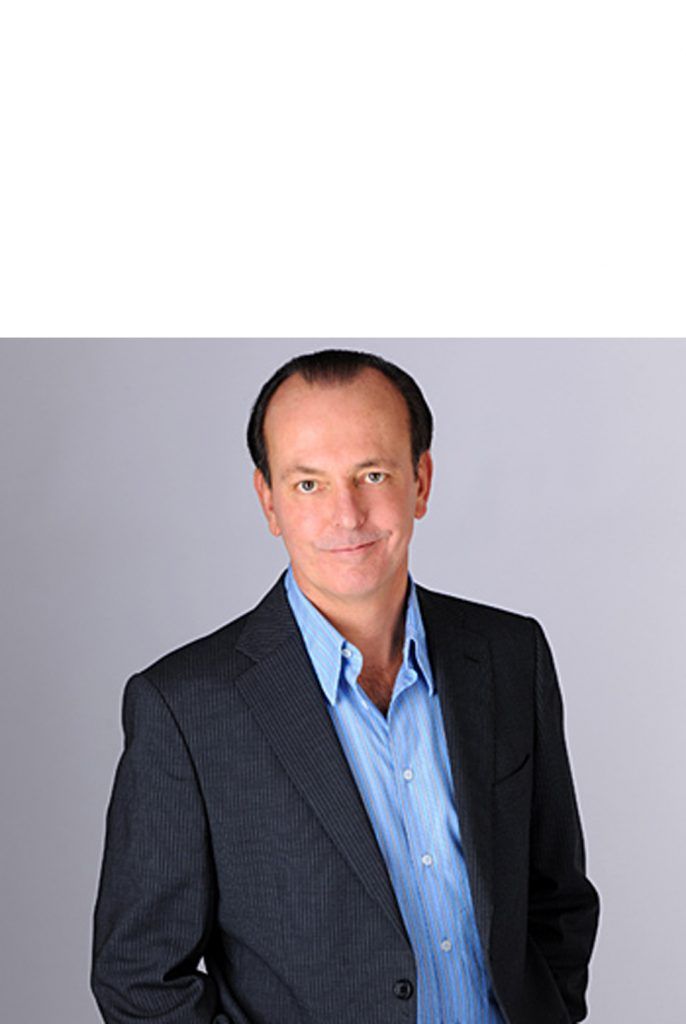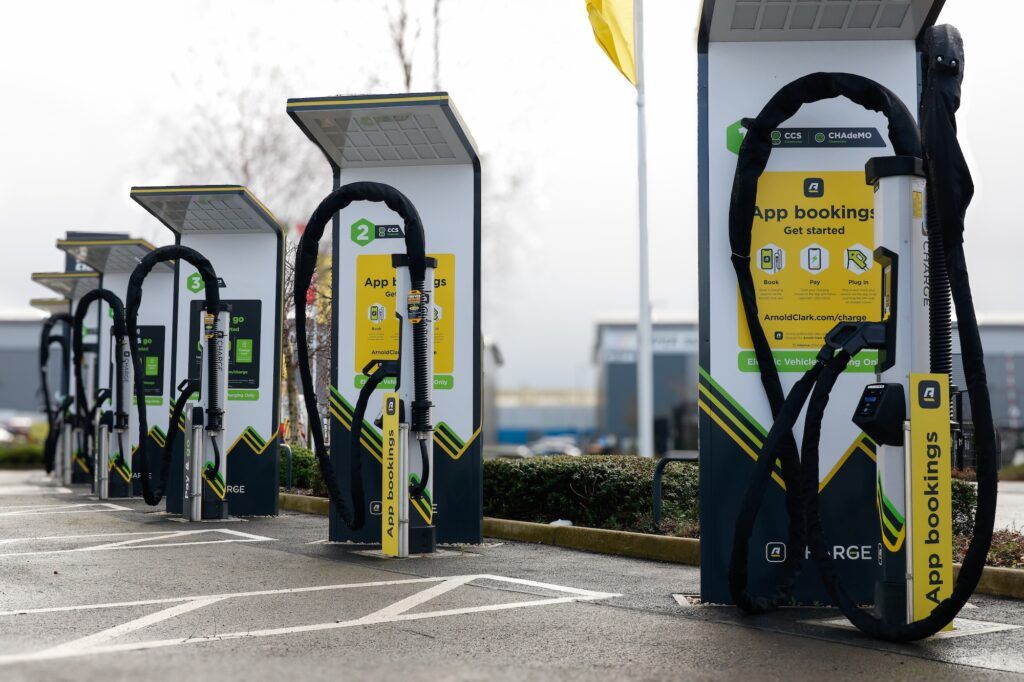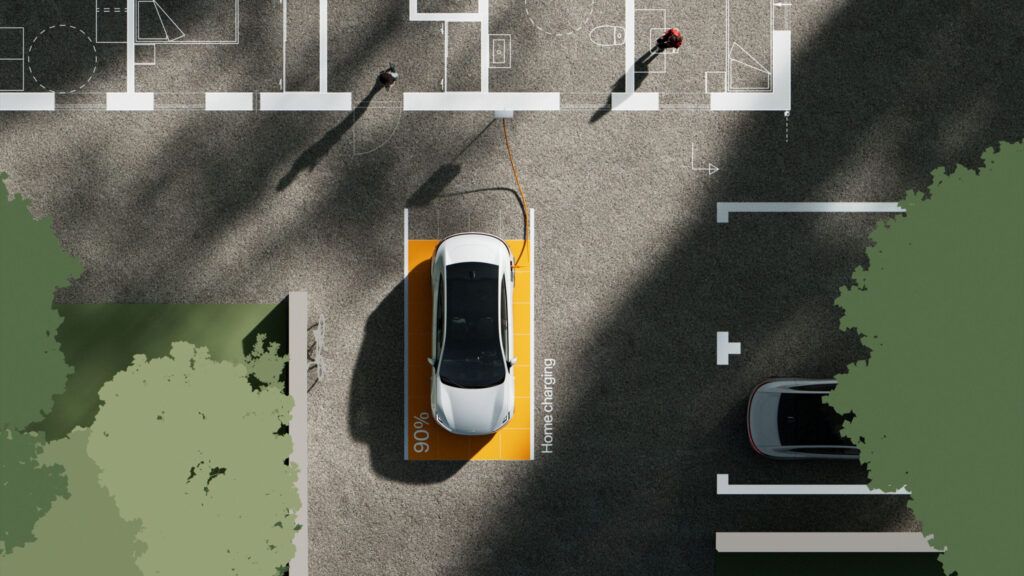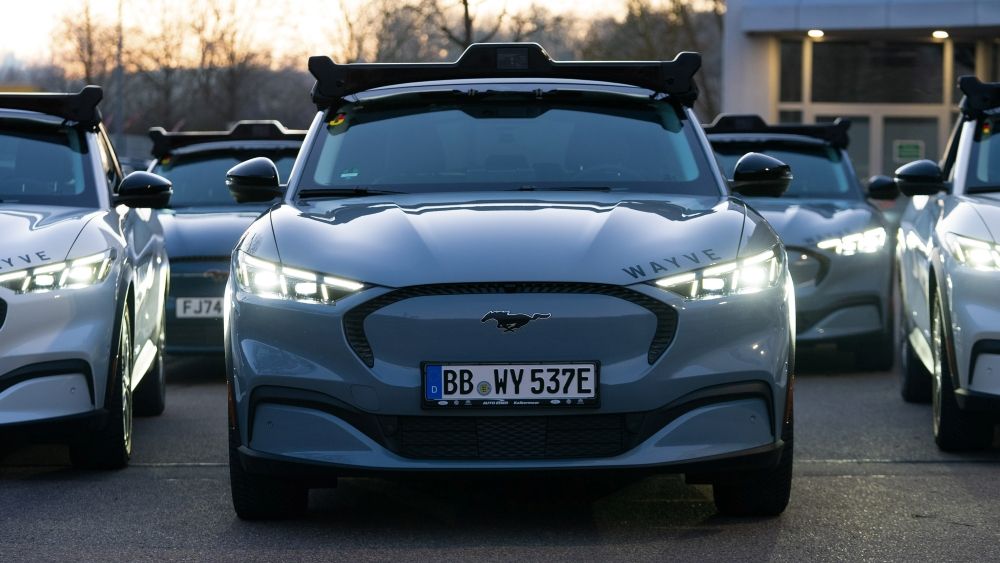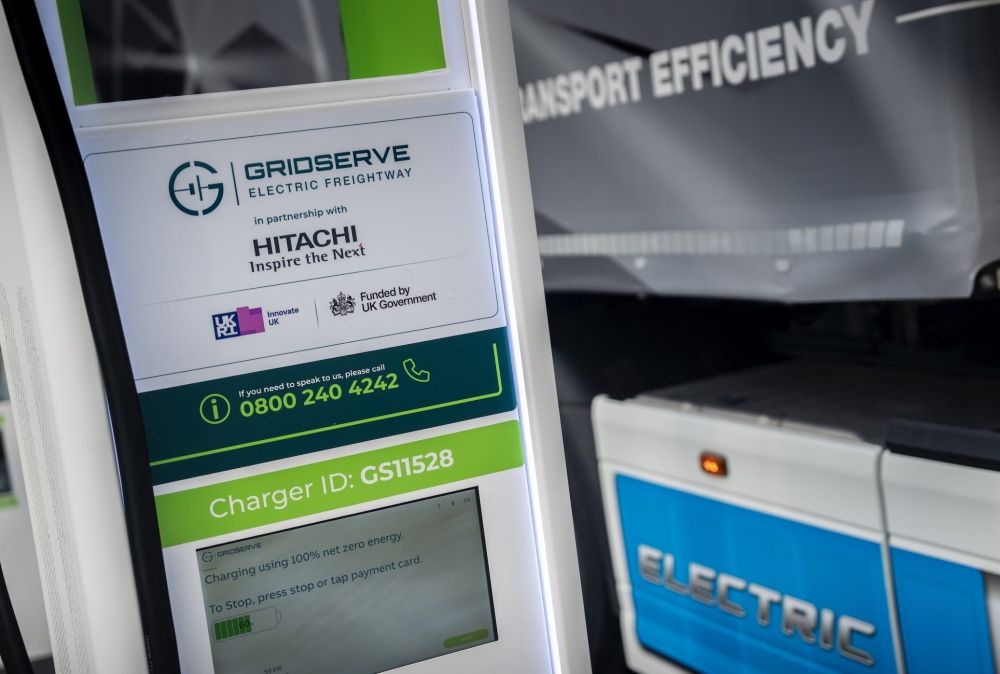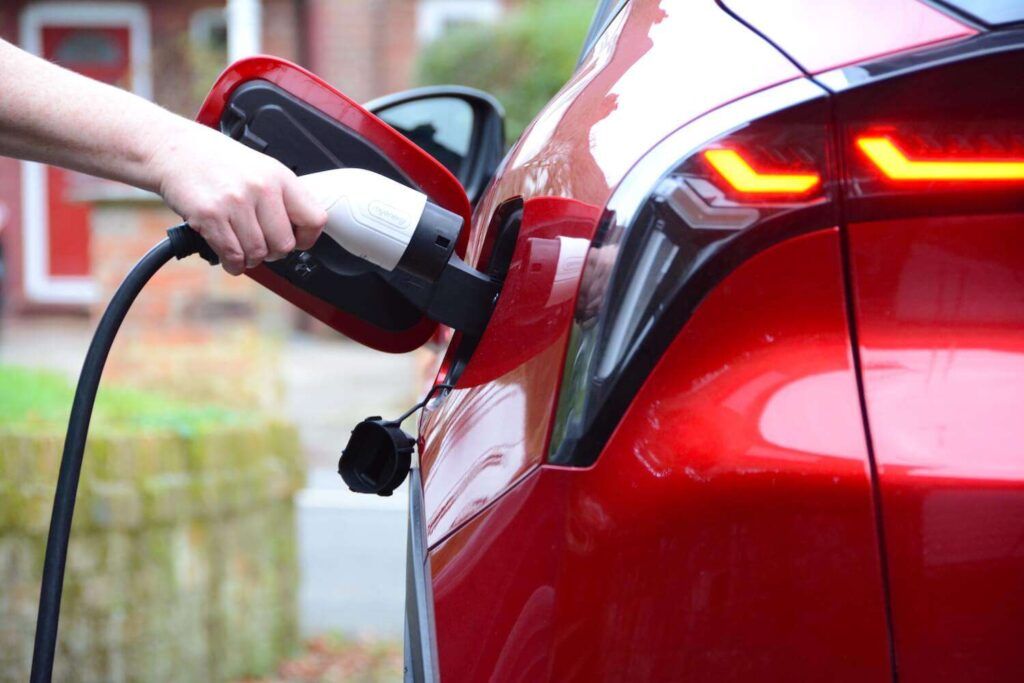In an exclusive interview with Transport + Energy editorial director, Alec Peachey, motoring broadcaster and transport campaigner Quentin Willson reveals the reasons why he’s now focused on driving and campaigning for electric vehicles (EVs).
Quentin Willson is perhaps best known for presenting Top Gear and Fifth Gear – shows which over the years have highlighted a range of petrol cars and of course how the internal combustion engine works.
A lesser-known fact about Quentin is that he has been driving and campaigning for electric cars for over a decade. He was one of the first journalists to drive GM’s $1bn EV1 in 1996 for BBC Top Gear, has personally owned a Nissan Leaf, Citroen C-Zero, Vauxhall Ampera, Renault Zoe, Mitsubishi iMiev, Tesla Model 3 – and even a vintage 70s Enfield Electric – driven 70,000 miles in battery-only electric cars and campaigned with Boris Johnson for greater EV adoption.
So what would he say to anyone who labels him as a ‘petrolhead’?
“Of course, I’m a petrolhead. I go back 30 years, and have spent a lot of time on television, telling people to buy large old cars with V8 engines. But this is the unimpeachable testimony of the man who loves cars but acknowledges that we now have a new form of transport that will significantly reduce pavement level pedestrian pollution in our cities and save lives. We need to increase the awareness and the reliability of that new technology.
“And the petrolhead in me says that we should all try out an EV because, like me, you will instantly see just how good they are. My Tesla is faster than most Ferraris. EVs definitely aren’t boring. I’m putting my flag on the mast and saying that I like driving electric cars because they’re better for our air and the air of our children and are becoming more interesting and just as capable as combustion cars. I think that’s quite a significant thing. This is a moment of personal change that it’s important to share. If people like me don’t set an example, we’ll never get the energy transition and clean urban air this country needs.”
For more than a decade Quentin has campaigned on behalf of Fair Fuel UK – an industry-funded lobby group that campaigns against charges and taxes on UK motorists.
Since 2010 Fair Fuel UK has saved drivers over £100bn in planned tax hikes in fuel duty and VAT.
Despite recently leaving the group this is a fact that Quentin remains proud of. “The money went back into consumers’ pockets. The Guardian said that FairFuel was one of the most successful lobbying groups in modern political history.”
When Quentin was first approached to support the group’s objectives in 2010, the country had been through what is now known as the Great Recession.
He takes up the story: “Oil traders had battled the price of a barrel of oil up to $147. This caused a collapse in the supply chain and was one of the causes of the global recession of 2008. If that wasn’t enough, Labour’s then Chancellor of the Exchequer, Alastair Darling, had created the fuel escalator which automatically raised duty every budget, which meant that the UK economy had the perfect storm of high oil prices plus constantly rising fuel duty. The threat to inflation, interest rates, disposable income and GDP was obvious, and I agreed to support the campaign to protect UK economic growth. And I make no apologies for that decade of campaigning because collectively, we’ve saved over £100 billion pounds in fuel duty and VAT over that 10-year period. And that money helped consumers and the wider economy survive.”
During his time in the role Quentin would regularly meet with the Treasury and would challenge them by asking if they’d done any reverse modelling, to see what would happen to the economy if you reduced fuel duty.
It turned out quite a lot. “We raised growth by nearly a percentage point by keeping duty low and the CBR agreed that low road fuel costs had a direct bearing on economic activity. Even The Treasury said that the ‘effects of FairFuel’s campaigning would be felt for years to come,” remarked Willson.
The former Top Gear and Fifth Gear presenter is now focusing his efforts on promoting EVs and is about to launch the EV and charging campaigning website FairCharge.co.uk.
As a result, he recently made the decision to walk away from Fair Fuel UK.
“I don’t think you can campaign for electric cars and combustion cars simultaneously (although I still think we should manage fuel duty to protect low-income households),” he remarked.
“But the world has changed and there are now other viable fuel sources for road transport that don’t pollute our towns and cities. We don’t need to use fossil fuels and burn hydrocarbons anymore. Batteries will be at the centre of the energy transformation, and I need to support and encourage that change.”
With a fantastic record of campaigning behind him Quentin now wants to focus his efforts on making sure that the Treasury and MPs can understand and make the right policy decisions related to EVs.
“They need to have access to people who really are experienced when it comes to owning, driving, buying, selling, maintaining and charging EVs. EVs have been available to the public for 10 years and globally have driven many millions of miles so there’s now a mountain of empirical data available to prove how well they work. MPs and ministers need to know this stuff.”
Quentin expects there to be a big focus on EVs and decarbonised transport at the United Nations Framework Convention on Climate Change (UNFCCC) Conference of Parties, CoP26.
But he also believes that there is a lot of work which needs to be done by the Government to dispel some of the myths surrounding EVs.
“We really do need to work harder, not just on infrastructure, but messaging to people and try to get rid of all these myths. Why are we charging VAT on electric cars? Why are we charging VAT on the chargers? Private enterprise will build the infrastructure because the government won’t do it, so why aren’t we making it easier by initially subsidising a national infrastructure roll out? If we don’t, that vital charging infrastructure will take much longer than it should.”
He believes that FairCharge could be the place to bring together the data that highlights and proves just how reliable and cost-effective EVs are.
“Here we are 10 years on, and people are still trotting out urban myths. Why haven’t we dealt with that? We’ve got to the stage now where there is empirical data that proves batteries do not fail prematurely and are lasting much longer than anybody expected. All the scientists and engineers are saying to me that we over-engineered those early batteries when we first built them that they’re lasting three times longer than we thought they would.
“Maybe FairCharge is the place for an irresistible, irrefutable, empirical set of data that proves that EV power trains are actually lasting longer than combustion engines. There are Nissans and Tesla taxis with 350,000 miles racked up on their original battery packs.”
Despite some of the myths and negativity surrounding EVs Quentin remains upbeat about the future.
“There’s a great EV community. That’s the wonderful thing about things like Fully Charged. We need to leverage that community and for them to tell the positive stories, about 10 years of driving EVs, and the millions and millions of miles that have been covered globally. We don’t hear about this stuff. All we hear is a strident chorus from all the doubters, which is much louder than the positive stuff about EVs. And that shouldn’t be happening.”
The former Top Gear man believes that EVs present a generational opportunity.
“Think about all these batteries, all these chargers, the huge amounts of GDP, jobs and economic activity we can create. That’s another overarching reason why I’m doing it. It is better for us, better for our children and for society. Why would you not want to do this is the overwhelming question? What is it that you find so objectionable about cleaner air and lower costs?
“By 2030 I’d like to see maybe 60 or 70 per cent of the motoring population driving EVs that can do 400-450 miles on one charge with solid state batteries. Electrification is one of the greatest economic opportunities of our generation.”
Quentin sits on the editorial advisory board of Transport + Energy and will be writing an exclusive monthly column. In his first column which was published earlier this month he outlined his concerns about the amount of information doing the rounds designed to discredit the electric vehicle (EV) in all its forms and what can be done to combat this.




